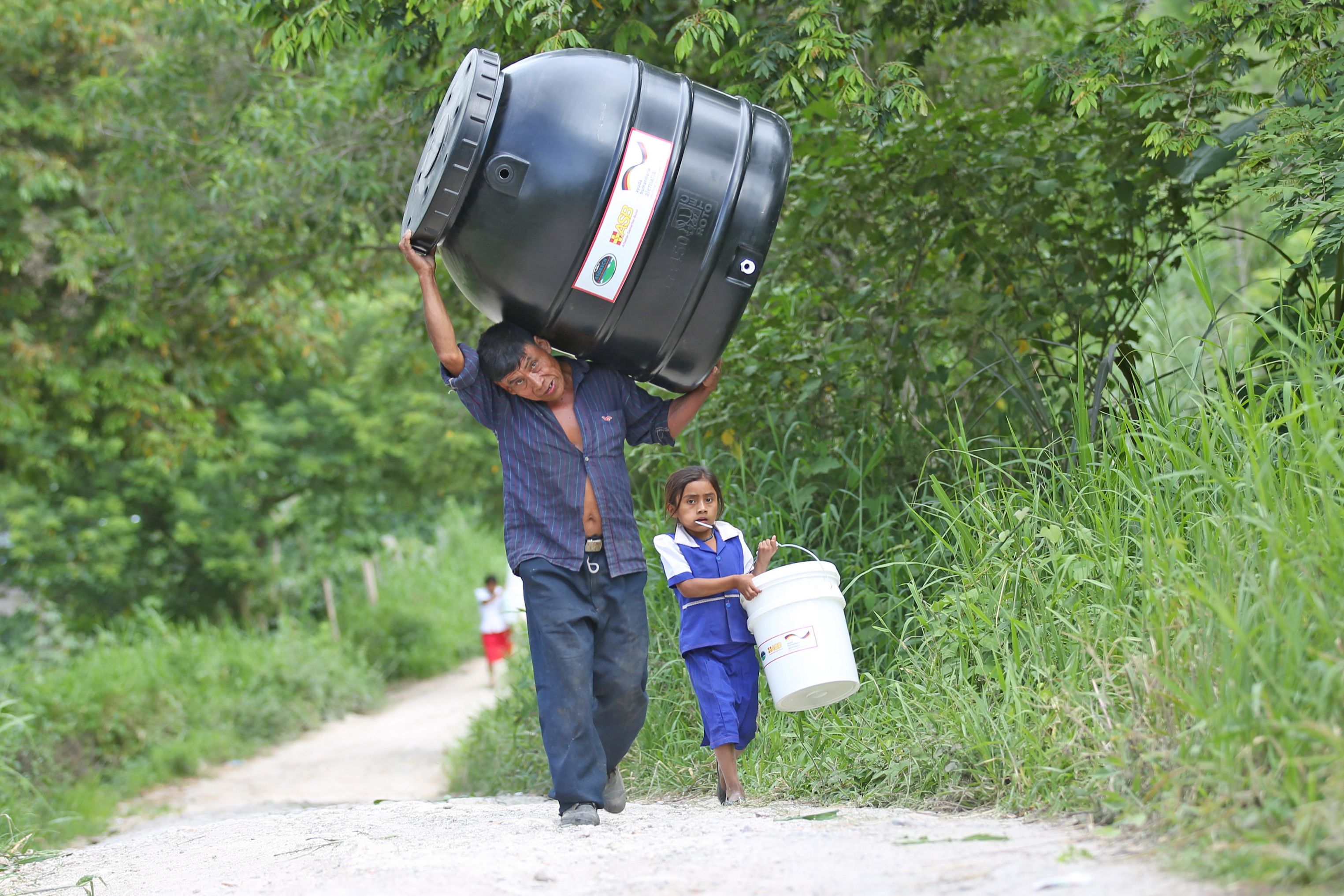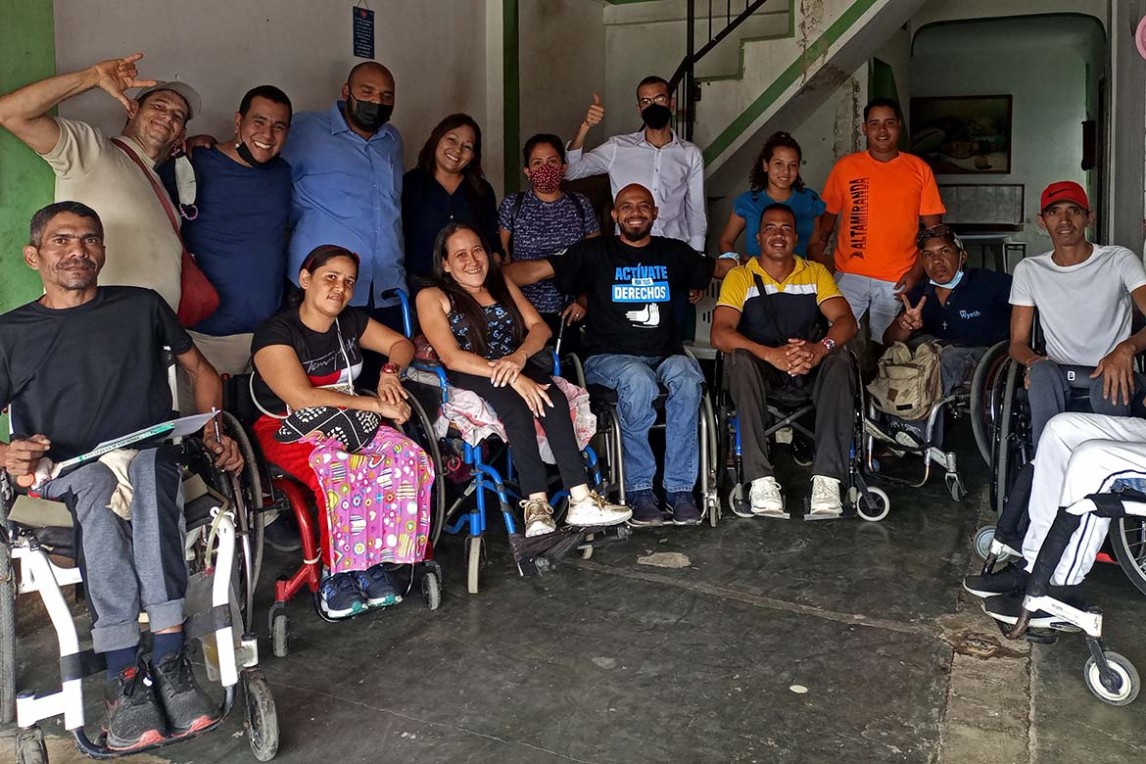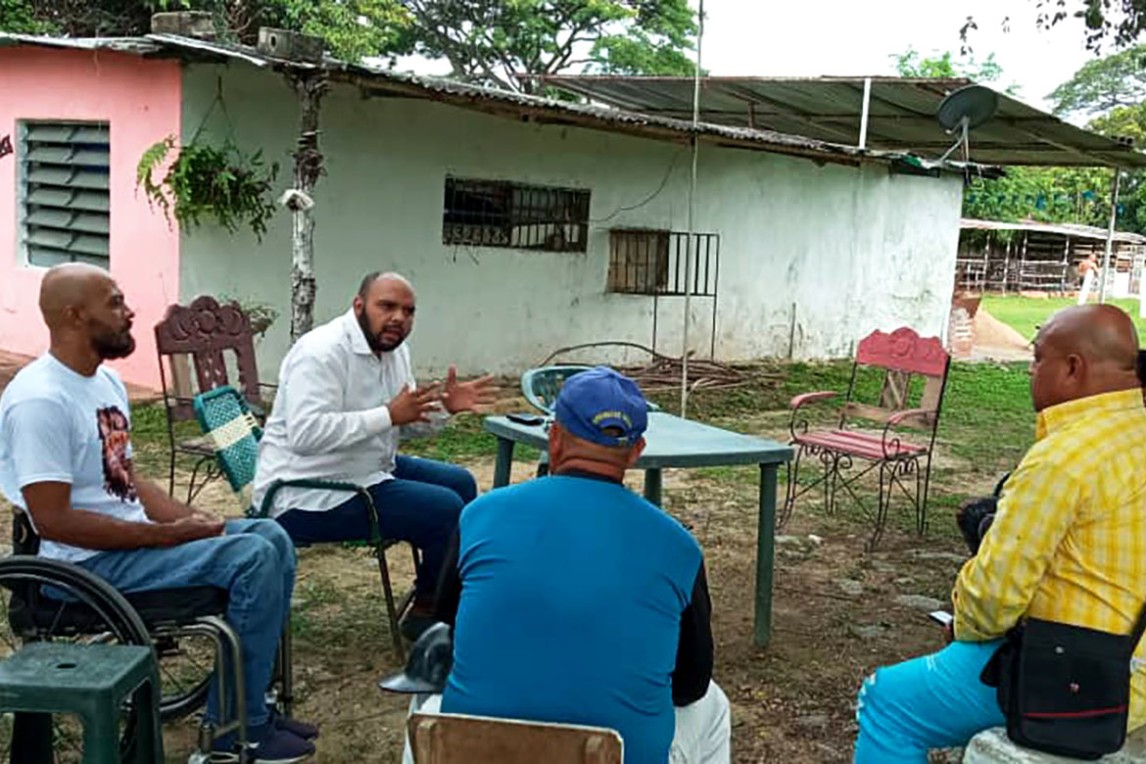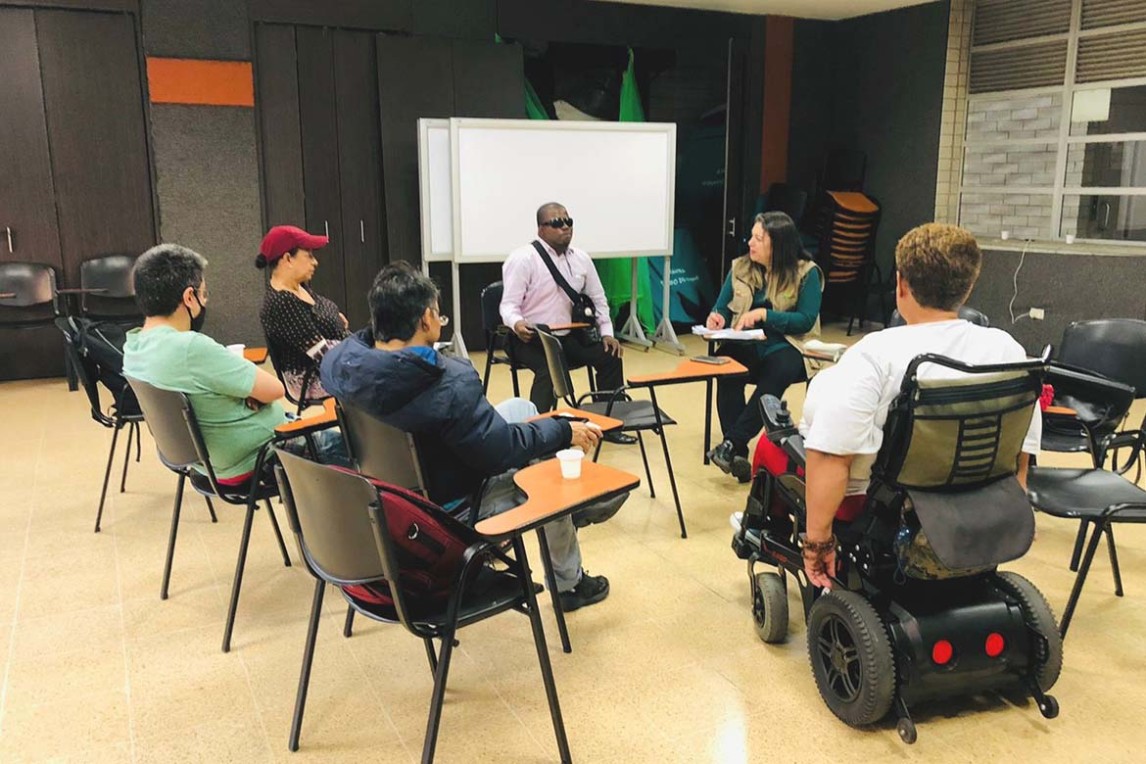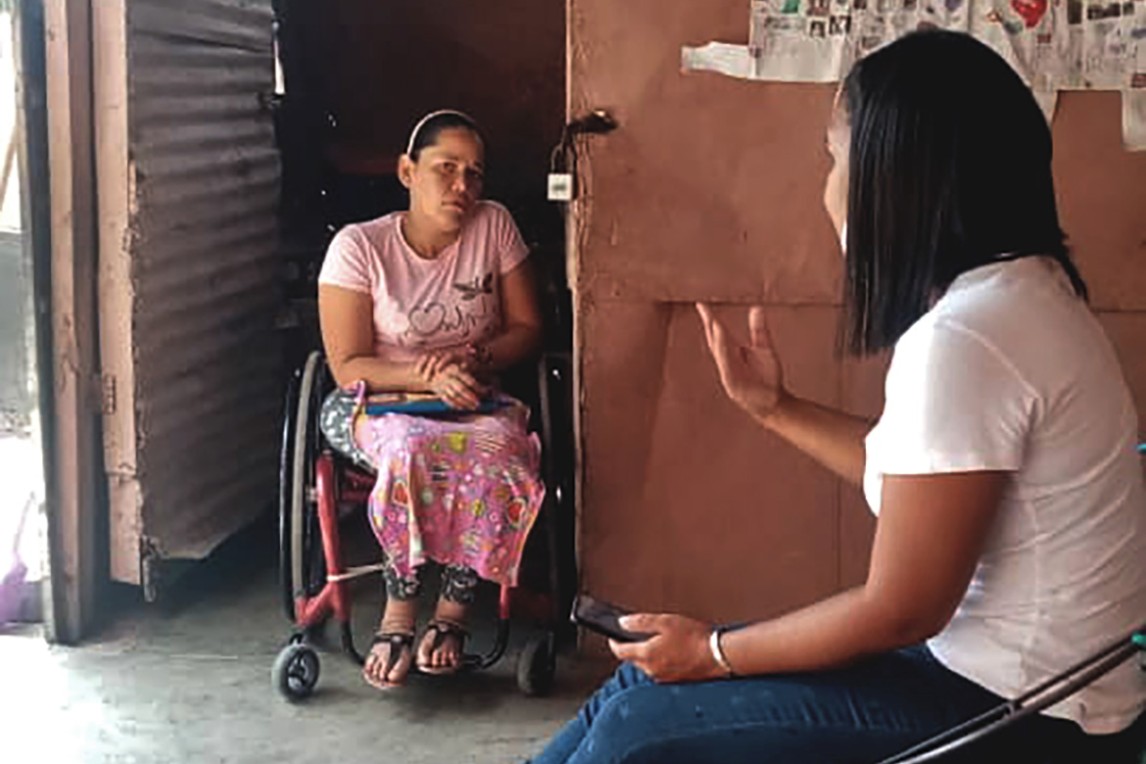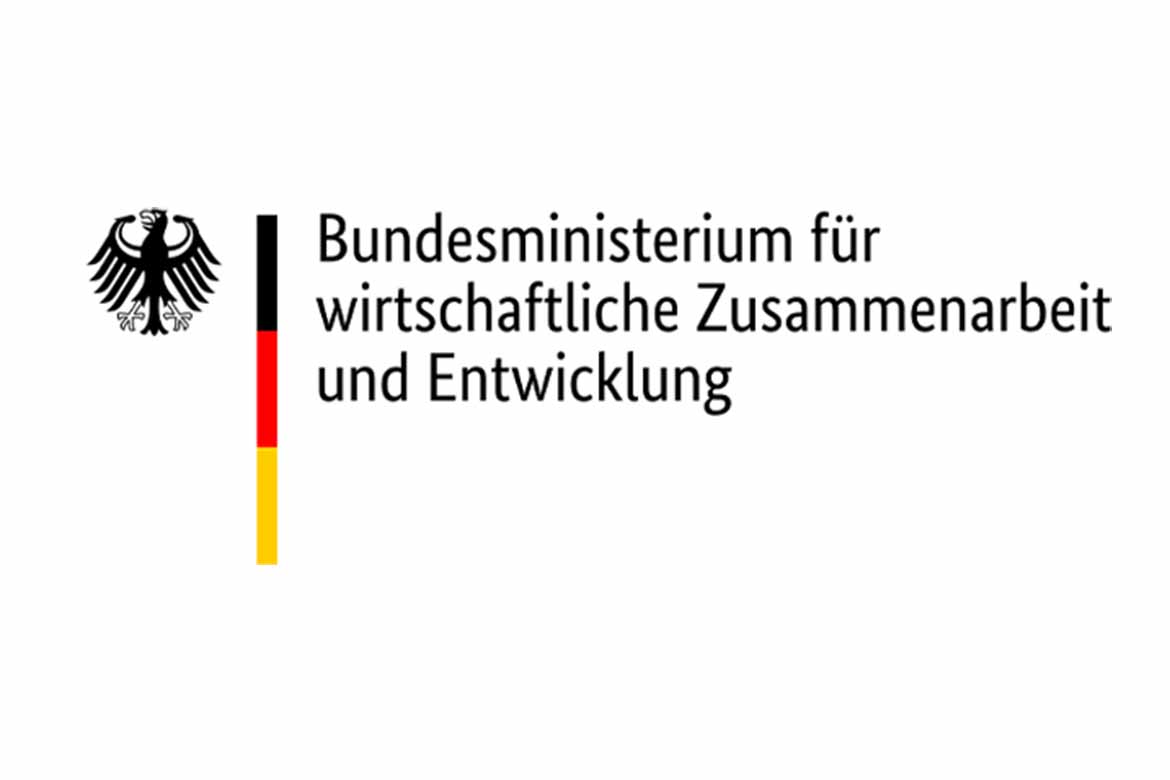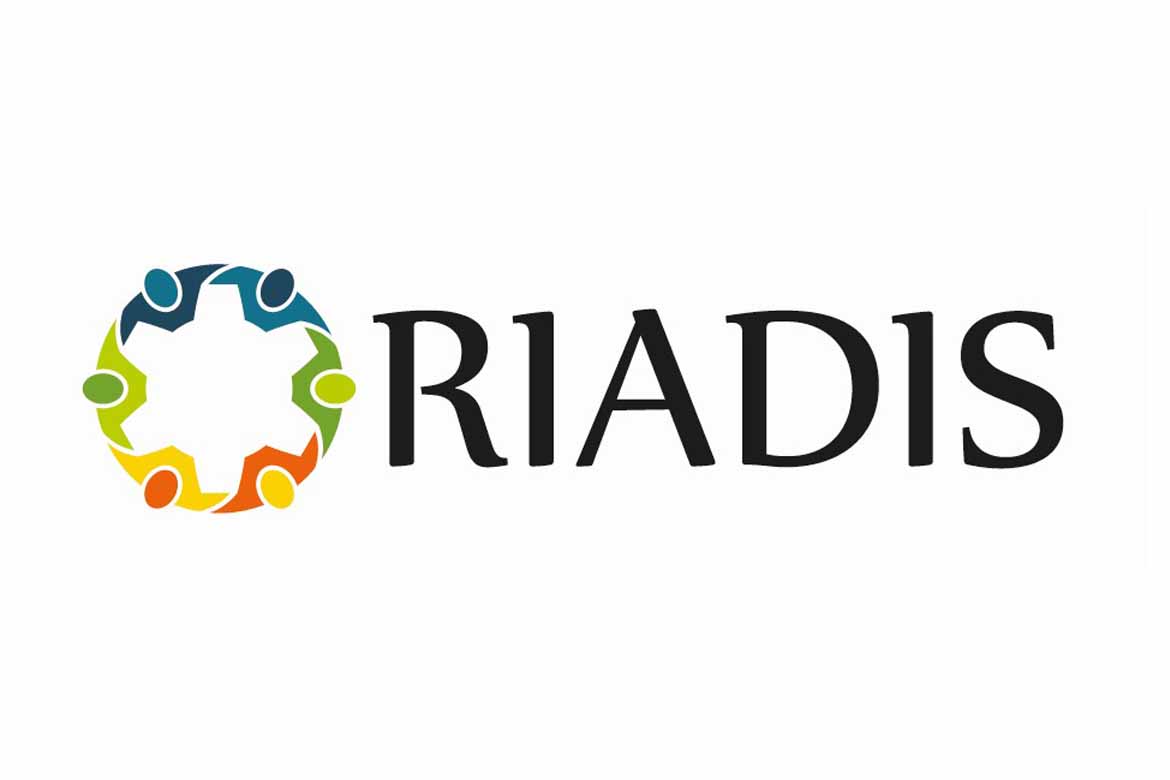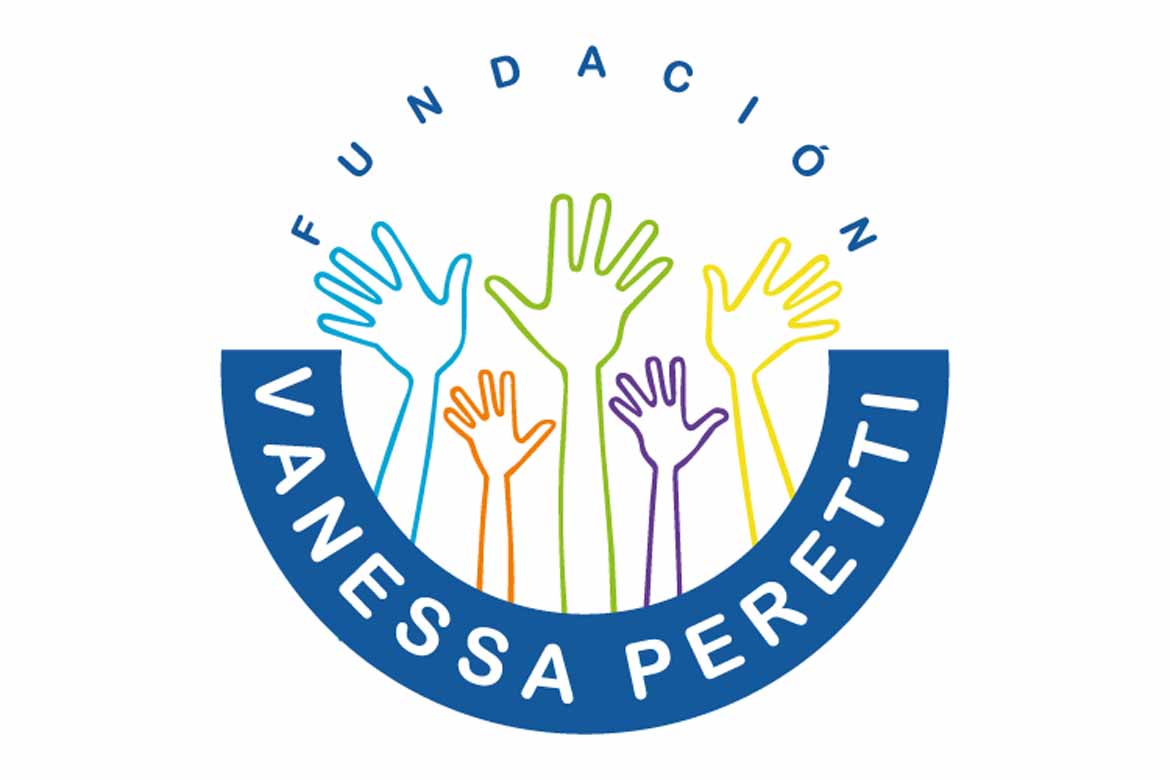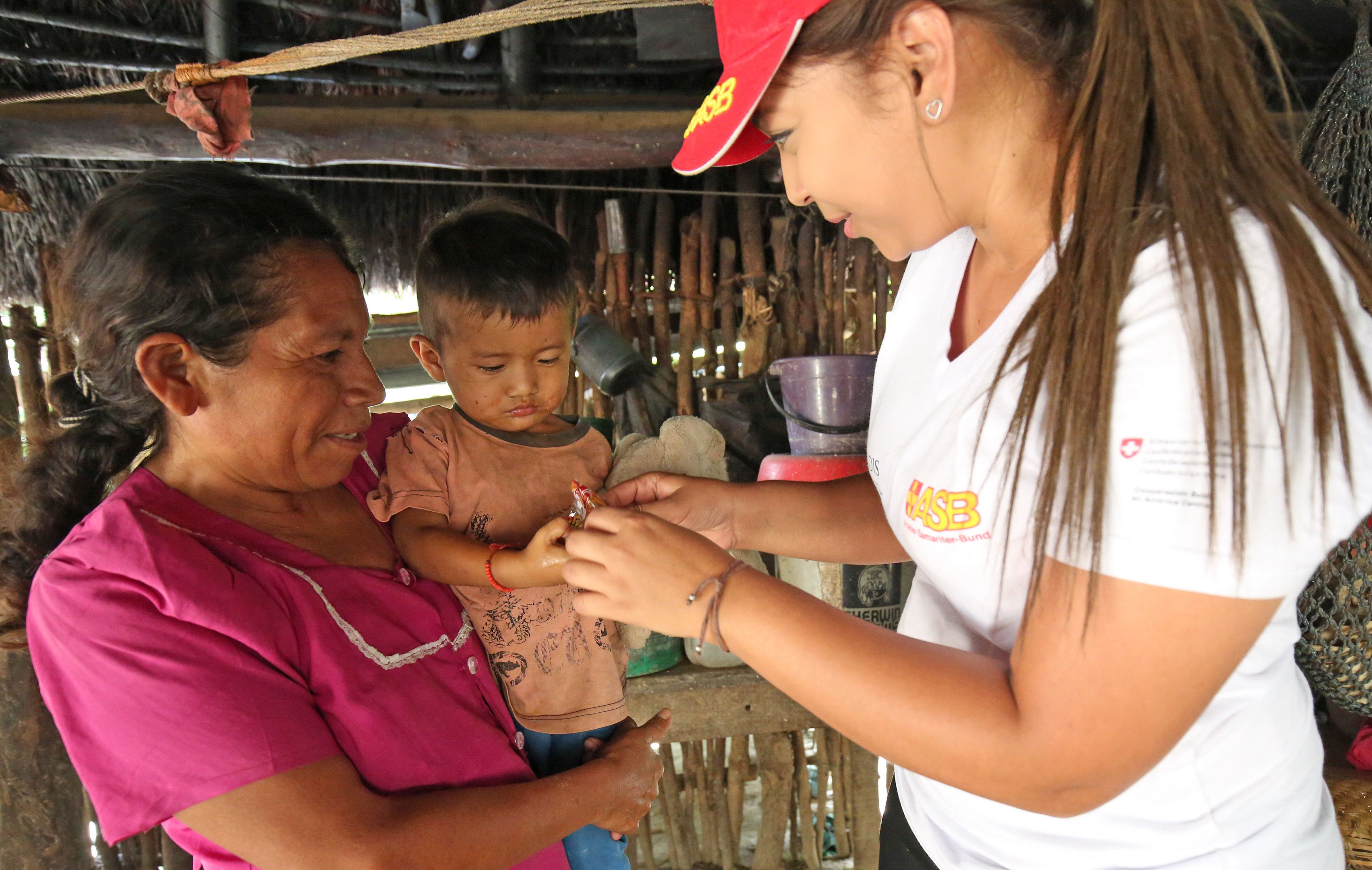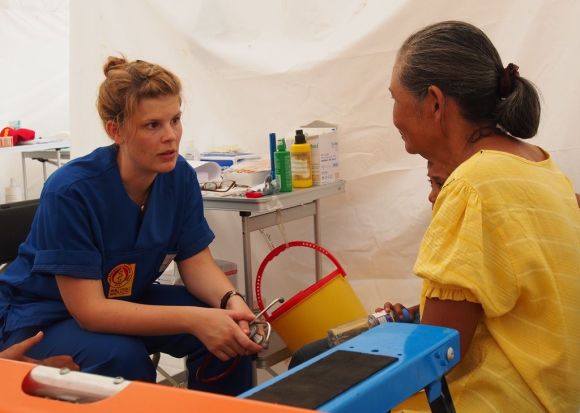-

Project title: Inclusion of people with disabilities in responding to and combating the COVID-19 pandemic crisis in Latin America
-

Project region: Venezuela, Colombia and Latin America
-

Project financing: Federal Ministry for Economic Cooperation and Development (BMZ) and ASB’s own resources
-

Project volume: € 1,111,112
-

Project duration: 01/11/2021 - 30/06/2024
-

Target group: 5,500 direct beneficiaries, divided into the following groups: 1,760 people with disabilities and their families; 160 national and local officials; 100 key actors in the field of disability (staff of UN organisations or non-governmental organisations); 600 school pupils, teachers and members of school communities; and 2,870 members of the general population (through campaign events and other public events)
